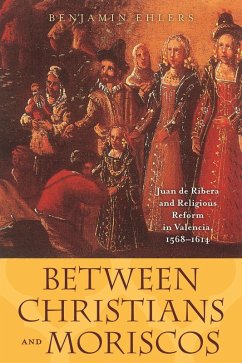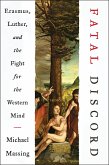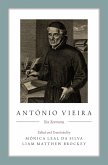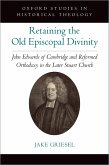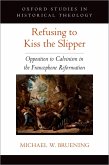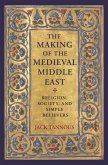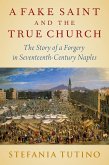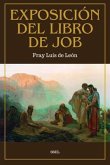This "excellent study" shows how a Spanish archbishop laid the groundwork for the seventeenth-century expulsion of the Moriscos (James B. Tueller, Renaissance Quarterly). In early modern Spain, the monarchy's policy of converting all subjects to Christianity only created new forms of tension among ethnic religious groups. Those whose families had always been Christian defined themselves in opposition to forcibly baptized Muslims (moriscos) and Jews (conversos). Here historian Benjamin Ehlers studies the relations between Christians and moriscos in Valencia by analyzing the ideas and policies of archbishop Juan de Ribera. Appointed to the diocese of Valencia in 1568, Juan de Ribera encountered a congregation deeply divided between Christians and moriscos. He came to identify with his Christian flock, leading hagiographers to celebrate him as a Valencian saint. But Ribera had a very different relationship with the moriscos, eventually devising a covert campaign to have them banished. His portrayal of the moriscos as traitors and heretics ultimately justified the Expulsion of 1609-1614, which Ribera considered the triumphant culmination of the Reconquest. Ehler's sophisticated yet accessible study of the pluralist diocese of Valencia is a valuable contribution to the study of Catholic reform, moriscos, Christian-Muslim relations in early modern Spain, and early modern Europe.
Dieser Download kann aus rechtlichen Gründen nur mit Rechnungsadresse in A, B, BG, CY, CZ, D, DK, EW, E, FIN, F, GR, HR, H, IRL, I, LT, L, LR, M, NL, PL, P, R, S, SLO, SK ausgeliefert werden.

